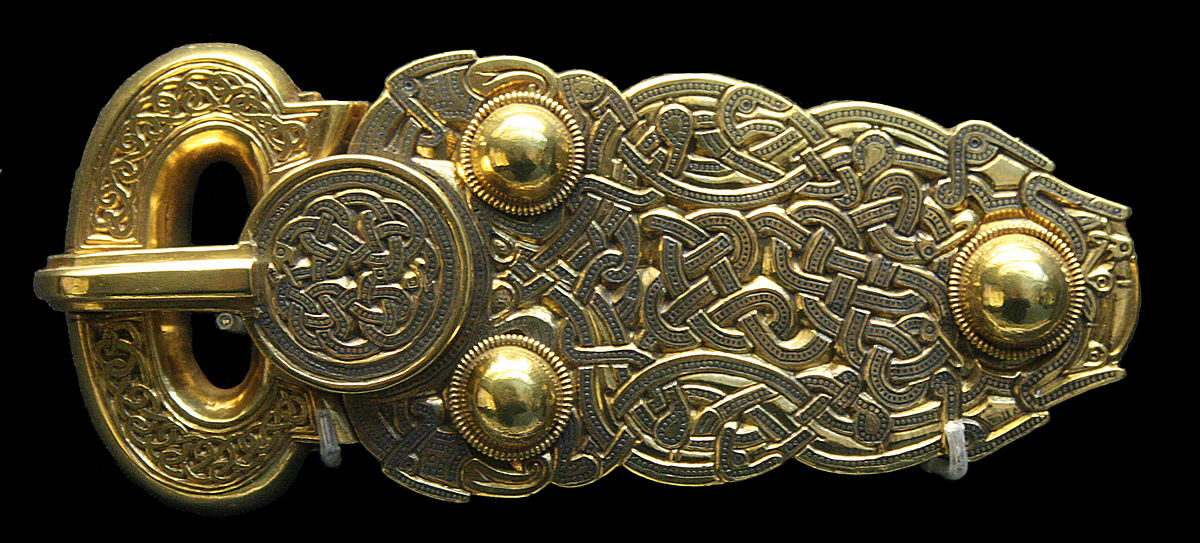- Jan 8, 2016
- 15,530
- 5,869
- 46
- Country
- United States
- Faith
- Catholic
- Marital Status
- Married
- Politics
- US-Others
I was in a discussion on another forum and I was explaining how the Dark Ages were comparable to the Stone Age, where Europe lost all knowledge from Classical Civilization. I was explaining how all the great ancient libraries were ransacked, and the books stolen, and how people went from great stone cathedrals with plumbing and running water, to mud and grass huts and clay pottery making, and instead of trials and judges, they would employ "trial by ordeal" where they were actually dumb enough to throw an accused person into say a pit of hot coals to determine if he was guilty... If one was able to escape, then that meant the accused person was innocent, and if he died, that meant he was guilty... Now that's 'cave-man' dumb. 
Trial by ordeal - Wikipedia
...But there were a few people, who I consider historical revisionists, who were claiming that the Dark Ages actually weren't "so dark".
What do you think? Were they dark? Or not so dark?

Trial by ordeal - Wikipedia
...But there were a few people, who I consider historical revisionists, who were claiming that the Dark Ages actually weren't "so dark".
What do you think? Were they dark? Or not so dark?
Last edited:

